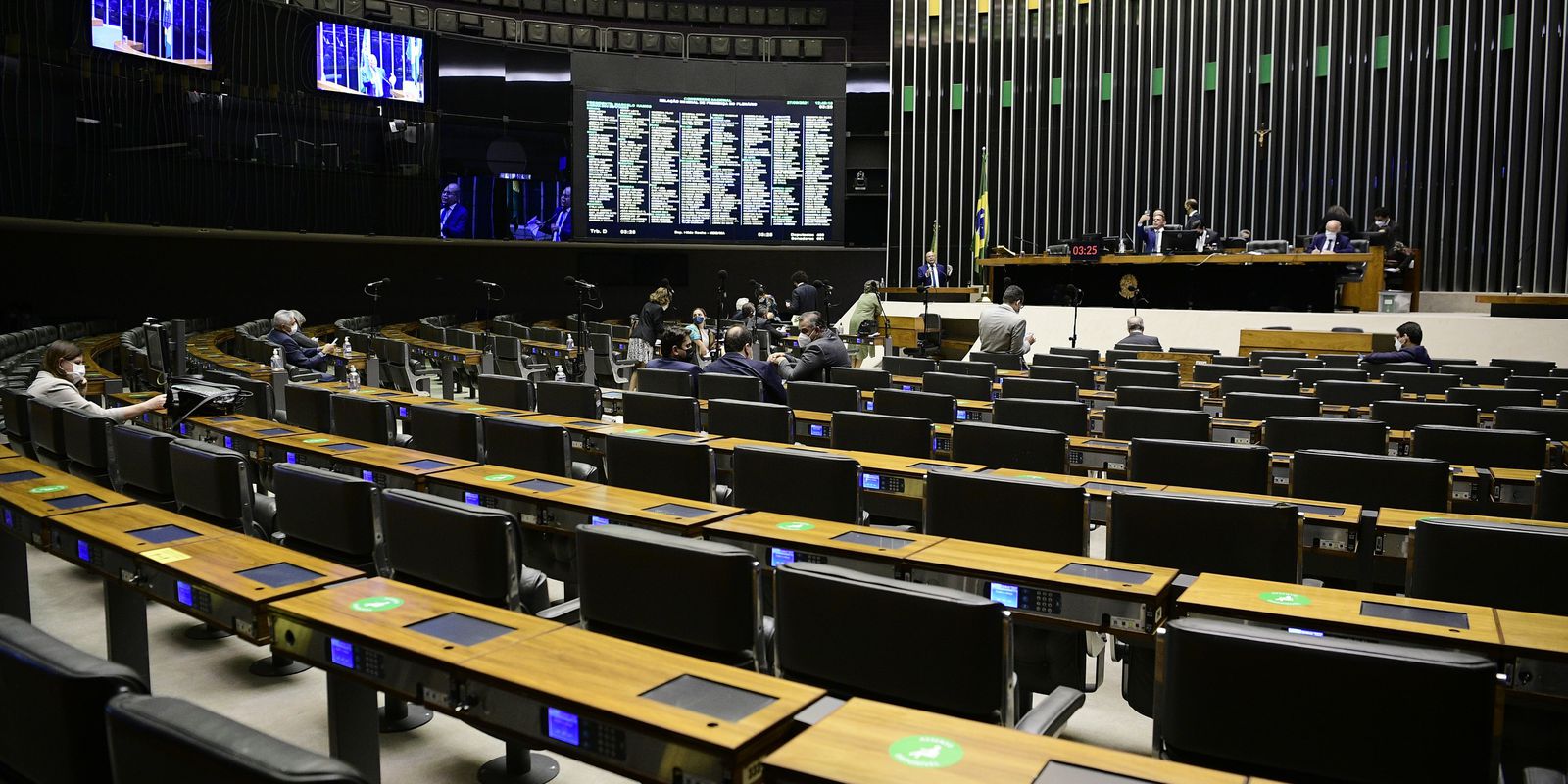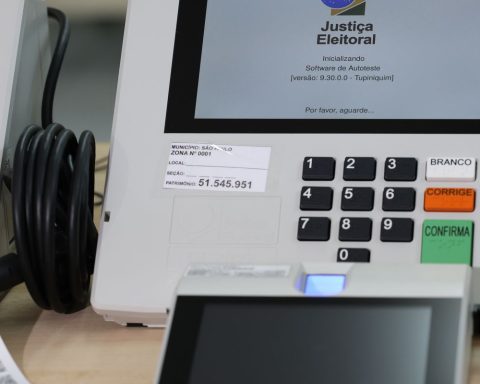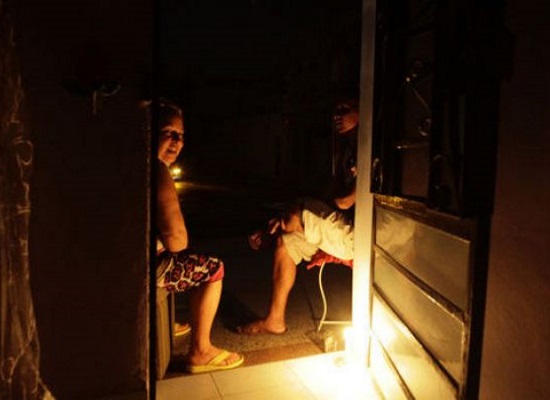The Chamber of Deputies approved this Tuesday (5th), in two rounds, the Proposed Amendment to the Constitution (PEC) 517/10, which breaks the government monopoly to allow the manufacture by the private sector of all types of radioisotopes for use doctor. The matter goes to promulgation.
Coming from the Senate, the text removes the Union’s monopoly on the production of radioisotopes with a half-life of more than two hours, when destined for research and medical use. Currently, the production and commercialization of these drugs are carried out through the National Nuclear Energy Commission (Cnen) and its institutes, such as the Energy and Nuclear Research (Ipen), in São Paulo. Current permission is restricted to short-lived radiopharmaceuticals (half-life equal to or less than two hours).
“Expanding access to these products is essential to protect the health of a large portion of the population. Radiopharmaceuticals are widely used in the treatment of cancer and in complementary diagnostic tests, mainly, but there are also other uses in the areas of cardiology, neurology, among others”, argued the rapporteur of the matter, Deputy General Peternelli (União Brasil – SP).
Increase
In the assessment of deputy Alexandre Padilha (PT-SP), the proposal may make Ipen’s activities unfeasible. In addition, according to the parliamentarian, the measure can generate price increases and a private monopoly of international companies.
“It is very important for people to know today that the private sector is already authorized to produce the so-called short-lived products, and the price charged by the private sector today is up to five times higher than the price offered by Ipen”, he said. “Or the cost will come in the pocket of patients who pay for health plans and who seek treatment via private.”

















